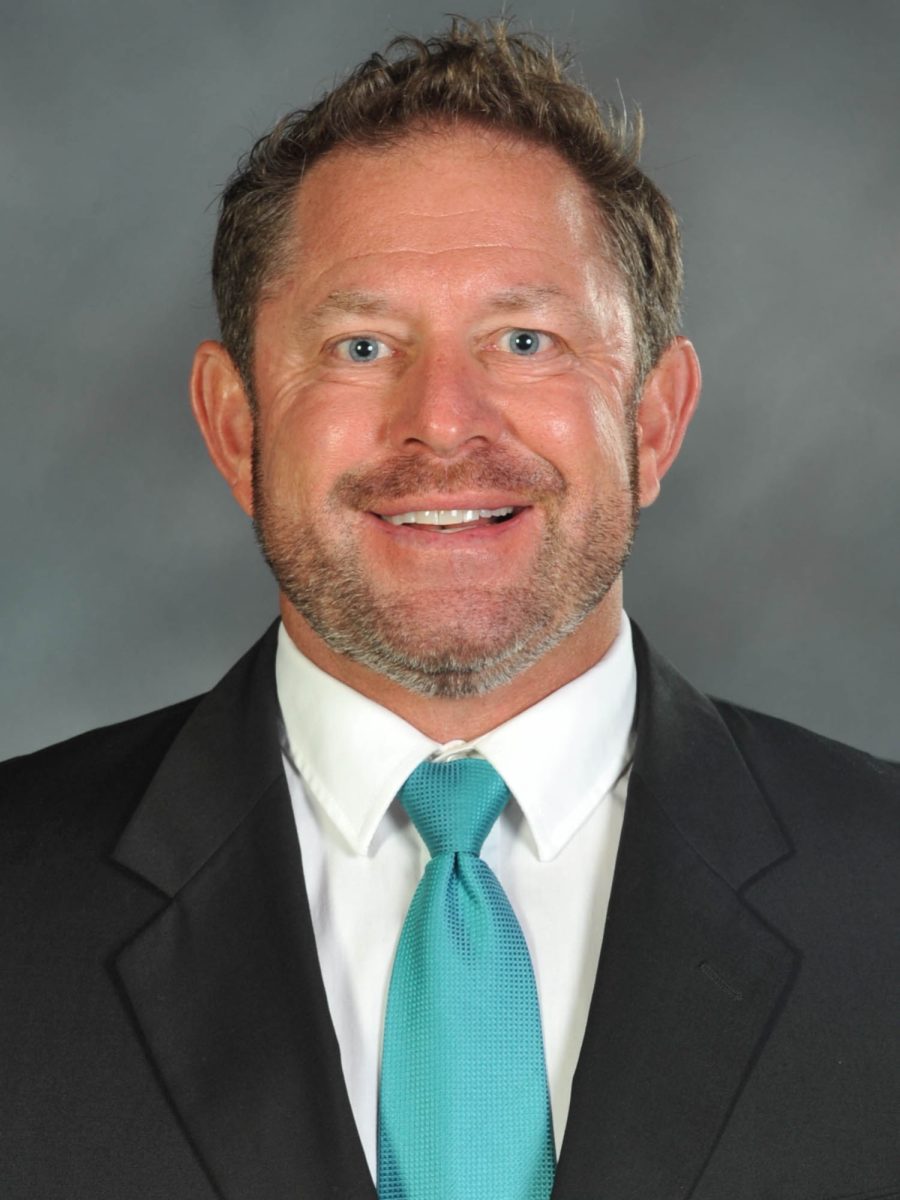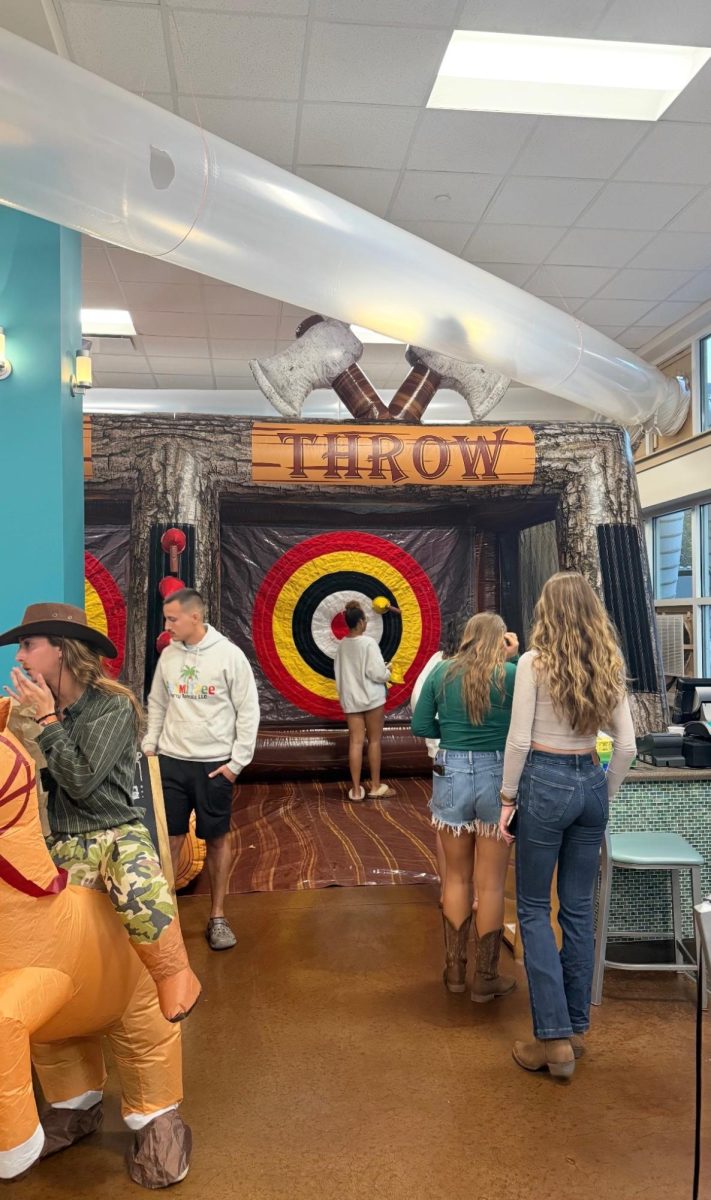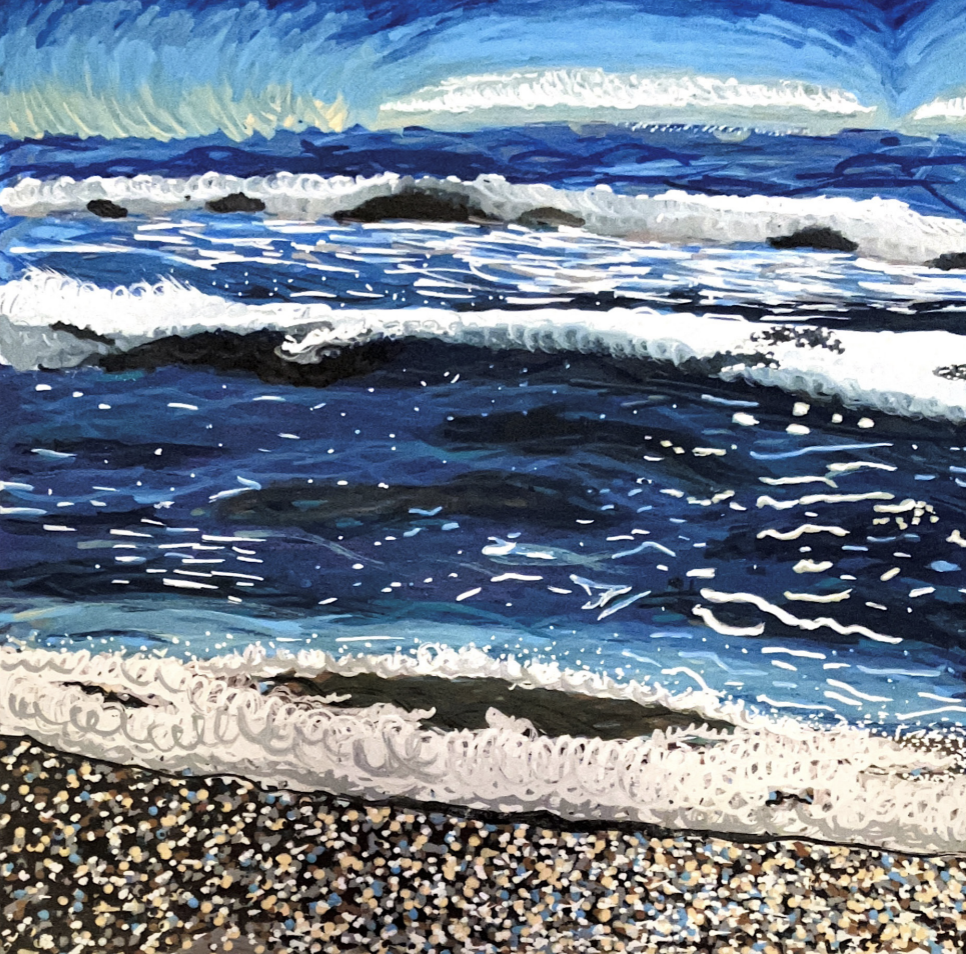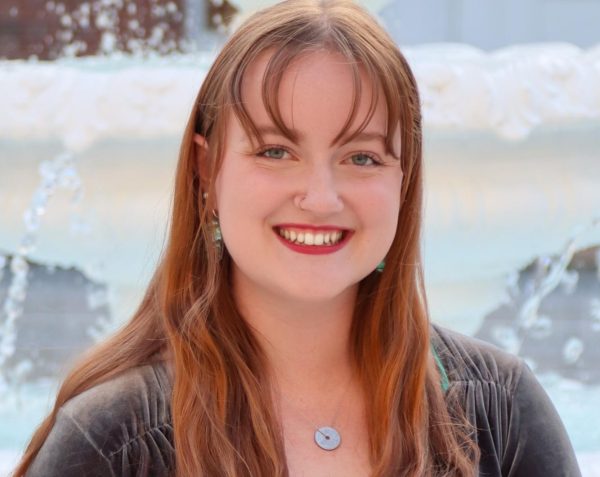Faculty members came together Oct. 27 to put on a panel discussion, “The Israel/Gaza Conflict: Perspectives Across Disciplines,” to educate students on the war.
Students responded well to the event, telling by the full classroom and lack of seats in the classroom stage located in room 253 in the Edwards College of Humanities and Fine Arts. The purpose of the panel was to make attendees aware of the religious, political and historical context of what sparked the initial attack by the U.S.-designated foreign terrorist group Hamas on Israel Oct. 7.
Sophomore intelligence and national security studies major Noah Ankenbrand said he has spent a lot of time studying the war in his classes. Ultimately, he said it has helped him develop a better understanding of the situation.
He said his classes and organizations he contributes to have spent a lot of time breaking down misinformation spread about the war via social media.
“You’re seeing a lot of internal conflicts within the United States of who’s backing what and they don’t know what they’re actually backing,” Ankenbrand said. “They’re just seeing bloodshed on their TV or what’s being reposted.”
Elizabeth Baltes, a representative of the Department of Interdisciplinary Studies, moderated the panel as a part of the Edwards College Open House that Friday. Suheir Daoud, Joseph Fitsanakis and Erika Tritle represented the Departments of Political Science, Intelligence and Security Studies and Religion and Philosophy respectively to discuss the concept of the war.
Daoud said this war is essentially a battle between two groups who claim the same land.
“It is so hard to cover over 100 years of conflict,” Daoud said. “[This] is really just a chapter in that conflict. It is a bloody chapter. It is a difficult chapter. It’s going to be a turning point in the conflict, but still, it is a chapter.”
Additionally, Daoud said Hamas does not represent the Palestinian people.
On one hand, Tritle said it doesn’t make sense to consider the war as a religious conflict for that would minimize all other factors. However, it also doesn’t make sense to think about the conflict, she said, without thinking about the religious dimensions of it all.
“Religion is an identity, it’s not only a faith, right, especially in this land,” Tritle said.
As students observe the war between Israel and Hamas, Tritle said she encourages them to pay attention to how people talk about the people, the land and the state, and how they use the Bible to support their version of it.
“The stronger and louder these positions are,” she said, “the more they reinforce the other.”
Regarding future involvement in the war, Fitsanakis said Iran is prepared if Israel decides to take on the situation with approximately 70,000 Hezbollah members, an Iran-backed Islamist movement, and about 200,000 missiles.
“These are not like, you know, your local butcher, local teacher that doubles as a Hezbollah kind of militia member at night,” he said. “These are full time, well-armed and well-trained fighters.”
Fitsanakis said Hamas can only survive if Hezbollah opens a second front in the North, but Iran may not take the risk. There are many paths the war could take, he said, due to the unpredictable elements of urban warfare.

















